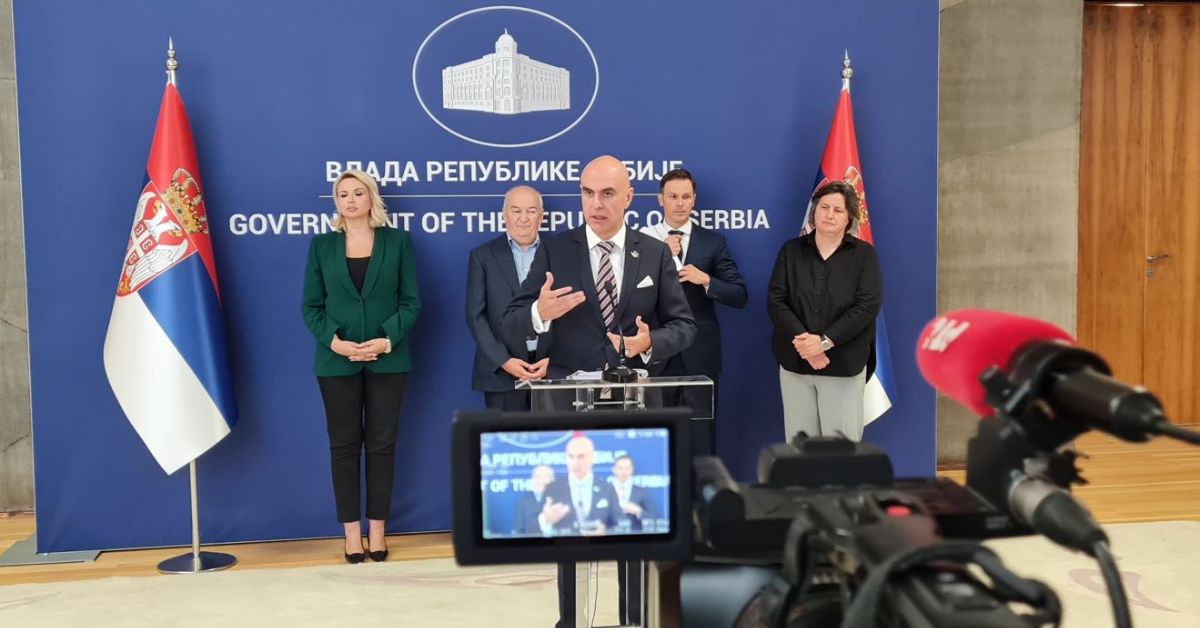
The increase in the minimum wage in 2023, for employers, will be compensated through the reduction of expenditures for the Pension and Disability Insurance and the increase of the non-taxable part of income.
The Ministry of Finance of the Republic of Serbia proposed that the minimum wage in 2023 be increased by 14.3%, i.e. from 201.22 dinars to 230.00 dinars per working hour. This means that the minimum wage will be increased from 35,012,28 dinars to 40,020 dinars for an average of 174 hours of work per month.
At the same time, the increase in the minimum wage will be accompanied by the relief of the economy through the increase of the non-taxable part from 19,300 to 21,712 dinars, as well as the reduction of payroll contribution for the Pension and Disability Insurance at the expense of the employer by 1%.
By increasing the minimum wage by 14.3%, the total salary fund will increase by 41 billion dinars per year (or about 350 million euros). However, bearing in mind the trends in the global market and the crisis that has affected all national economies, the state of Serbia, at the initiative of the Serbian Association of Employers (SAE), has decided to practically take on the burden of increasing the minimum wage, and through increasing the non-taxable part of wages and reducing contributions to the Pension and Disability Insurance on employer’s burden. Including the reduction that comes into effect on January 1, 2023, the total burden on wages has decreased from 64% of what it was in 2017 to 59.4% in 2023, which is 1.9% less than in in 2022.
The above decisions will be made by the Government of the Republic of Serbia by September 15, since the social partners did not reach a consensus at yesterday’s meeting of the Social and Economic Council.
“This proposal represents a further step in strengthening the standard of living of the most vulnerable categories of employees, but also help in maintaining the operations of a large part of companies, that is, the economy as a whole,” said Mr Miloš Nenezić, President of the Serbian Association of Employers. “We understand the trade union’s request that the minimum wage already reach the minimum consumer basket, but we also know that the Serbian economy has faced several situations in recent years that have had a negative effect, starting with the Coronavirus Pandemic, through the conflict in Ukraine, the lack of raw materials, the loss of the market and the energy crisis, which unfortunately is clearly not over yet.”
Thanks to the understanding of the state, which gave up a part of its income, along with all the other measures of help that it provides to us employers with great understanding, we are going through these turbulent times more easily. We hope that we will continue to have full understanding from the Government of the Republic of Serbia and President Aleksandar Vučić in maintaining and improving the economic environment.
The increase of the non-taxable part of wages and the reduction of contributions for Pension and Disability Insurance at the expense of the employer represent a significant relief for companies. For example, if a company employs 500 workers, with an average gross salary of 102,523 dinars (how much it was in June of this year), it will save 7,598,580.00 dinars annually.
As it is known in 2015, it amounted to only 11,433 dinars, and with this increase to 21,712 dinars, it will be a total growth of 52.65%, which represents the undoubted success of all of us who are fighting for a better economic environment. Also, in the last few years, at the insistence of SAE, the part paid by employers in the name of taxes and contributions was reduced by 2.25%.
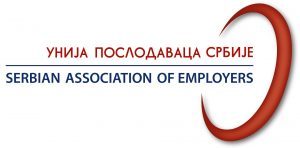
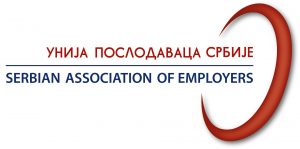
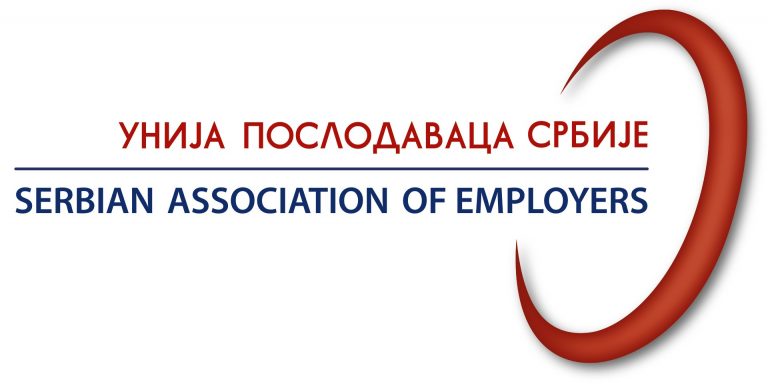
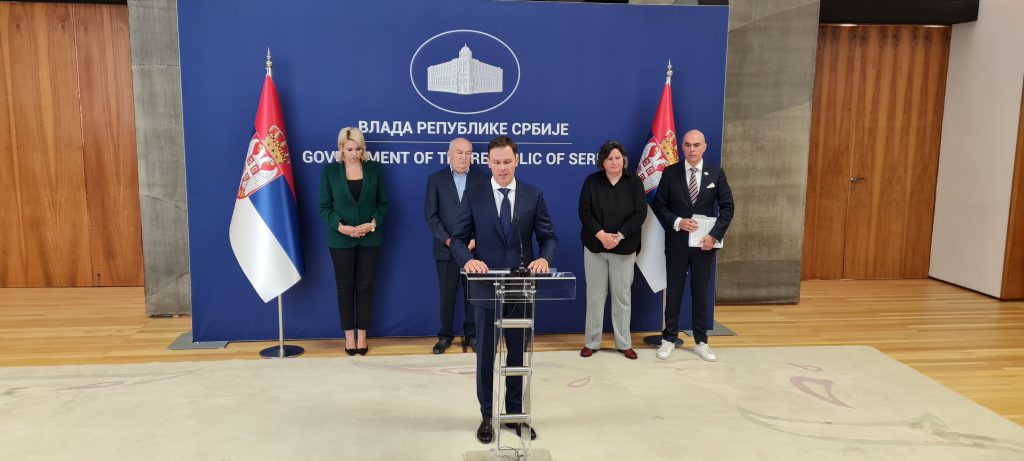
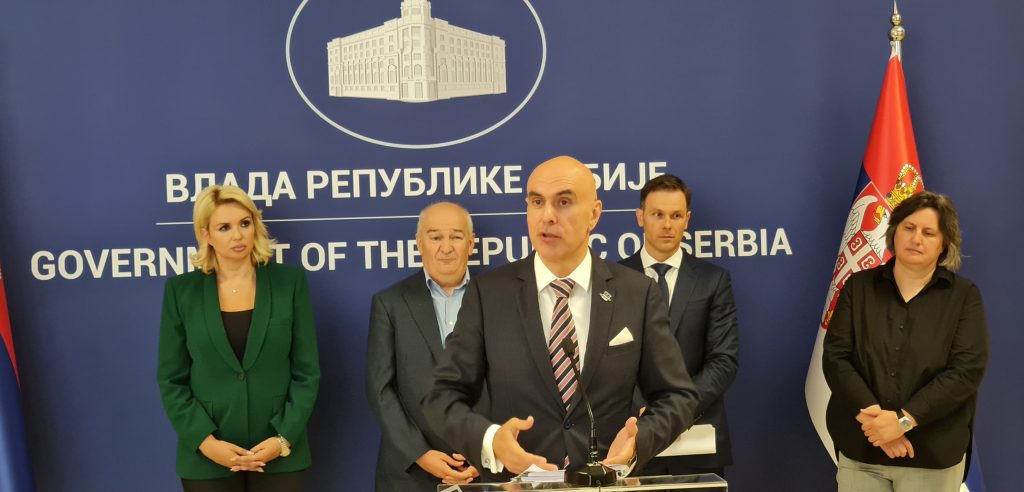

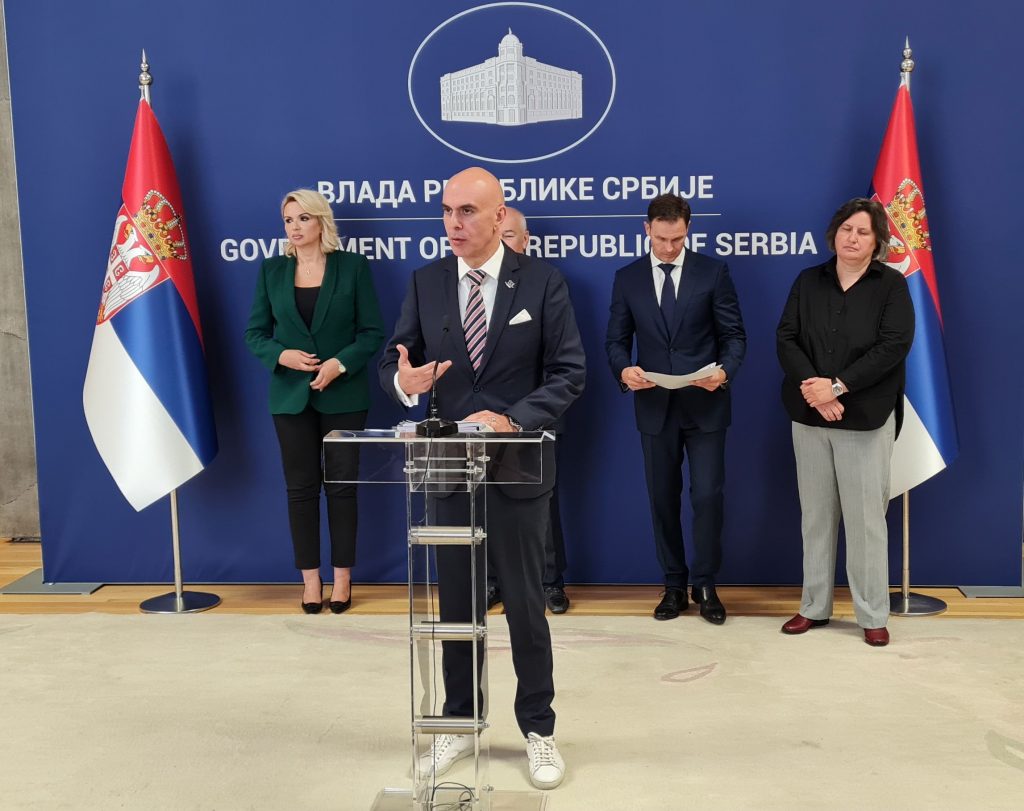



No comment yet, add your voice below!